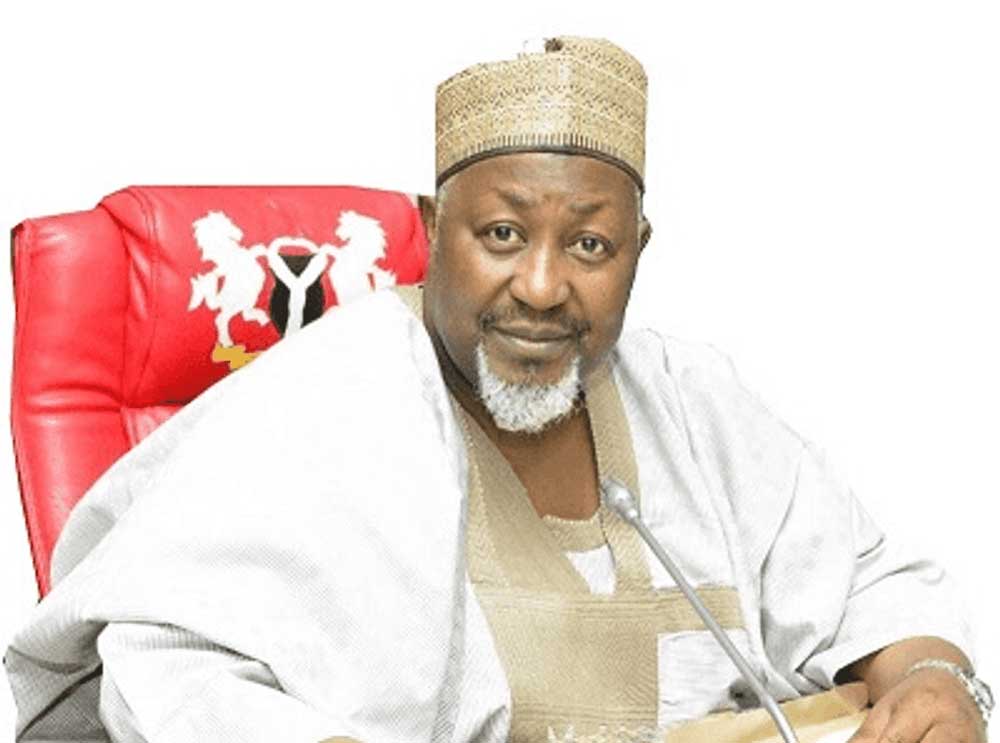Prioritise Training, Welfare, Equipment, Security Experts Tell Newly Appointed Defence Minister
Since the emergence of President Bola Tinubu on May 29, Nigerians have anticipated the appointment of a new administrative head for the Nation’s Defence ministry given the growing concerns of insecurity in the country.
By August 16, nearly three months after, Tinubu appointed his former rival, Mohammed Badaru, the immediate past governor of Jigawa State as Minister of Defence.
Advertisement
Badaru was the first Northern politician to step down for Tinubu in the race for the All Progressive Congress (APC)’s flagbearer for the presidential election at the party’s national convention, on June 7.
The president also appointed the immediate past governor of Zamfara State, Bello Matawalle as the Minister of State Defence. This development prompted Nigerians to recall his failure to resolve terror activities in his state while he was governor.
Data by the Council of Foreign Relations (CFR) and National Security Tracker (NST) showed that Niger, Zamfara, Kaduna, Benue, and Plateau States were the hotbeds of killings in 2022.
Zamfara recorded 565 deaths, taking its place as the second highest after Niger State with 604 deaths.
Advertisement
Security experts in separate phone interviews with THE WHISTLER questioned the competence of both civilians to head such vital positions without tactical security background.
Also, they x-rayed the implications and expressed their expectations from the parties to better safeguard the polity.
Timothy Avele, a security expert told THE WHISTLER that both appointments like others are “simply for political compensation and survival, not necessarily competence”.
He believes that a “well-grounded person in security” deserved the position considering the state of insecurity in the country.
Declining to mention names of competent people for the position, Avele said, “Of course, there are more competent people out there, but it doesn’t work that way all the time even in advanced democratic nations. Political consideration and survival always take the upper hand”.
Advertisement
Like Avele, many Nigerians on the micro-blogging application, X, formerly Twitter had hoped the president would appoint one of the recently retired Army chiefs as Minister of Defence.
However, Oladele Fajana, another security expert said previous Defence Ministers had military or security backgrounds, “but there was nothing to show for it”.
Data by the NST revealed that under former President Muhammadu Buhari, the country suffered 58,756 deaths and 17,208 kidnaps.
Further breakdown of the data showed that from 2015 to May 2023, over 20,000 civilians, 4,269 state actors, and 14,250 non-state actors were killed.
Falana told THE WHISTLER, “I do not doubt them, they were once governors and chief security officers of each state and it doesn’t matter who becomes the minister”.
He noted that Nigeria should rather question the readiness and determination of the ministers to curb insecurity and channel their attention to the enforcement agencies.
Advertisement
He added, “As former governors, they already have knowledge of how to manage the security of their territory border and their internal security, and it is the same as the nation as well.
“So, it is just a political appointment, it can be changed to other ministries in the two-three months, based on their arrangement and agreement. “My only concern is, do they have the interest of the nation’s security at heart?”.
Other concerns according to Murtala Abdullahi, an expert in national security and risk management is that “the lack of appropriate background in these critical areas (security), could affect their (Ministers’) ability to coordinate and curate the defence and security sectors.
According to him, “They would need to appoint the right advisers to reduce that vulnerability”.
An Army personnel currently on the field in North-East Maiduguri, Borno State told this newspaper that the position of the defence ministry is more of a partnership than professional experience.
He said the Ministers “won’t be acting alone”, rather, “He would get advice and also consult the service chiefs before relaying any message to the president”.
“If he is properly guided and advised on security-related issues, Then, we have nothing to worry about,” he added.
The issue of collaboration and partnership among the represented heads of security agencies in the government also begs for concern as many feared the probability of a gap in communication and comprehension, based on the current arrangement.
To Avele, the situation may not exist, but they are bound to experience an “in-house fighting”, capable of worsening the insecurity situation. “We can only pray and wait,” he said.
When THE WHISTLER contacted Retired Brig.-Gen. SK Usman, he said, “There is no issue of contention, we expect to see a harmonious working relationship with all the components of the security architecture and with the minister giving directives based on the policy direction of the government.
“So, everything is clearly established and where there is a problem, each and everyone knows what to do. But, by the time you put politics inside security issues that is where you will have all the problems,” he said.
He advised the newly appointed ministers to prioritise training, welfare, and equipping personnel and should be prepared to deliver.
He said he expects to see a Monitoring and Evaluation strategy where people are held accountable with targeted deadlines and timelines to ensure compliance.
He also urged the Federal Government to equip the ministers with adequate facilities to perform.



